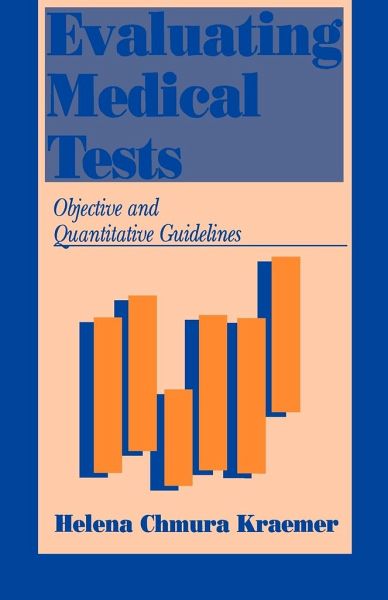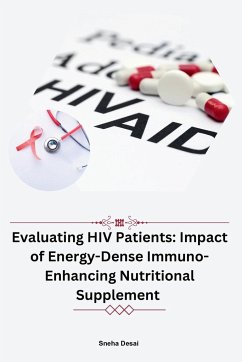
Evaluating Medical Tests
Versandkostenfrei!
Versandfertig in 1-2 Wochen
126,99 €
inkl. MwSt.

PAYBACK Punkte
63 °P sammeln!
In this book, Kraemer presents a systematic, objective methodology by which to determine the effectiveness of medical tests. She shows clearly and concisely how to define statistical terms and approaches consistently from study to study, how to stipulate statistical assumptions underlying various approaches, how to check for empirical validity and how to judge the robustness of statistical outcomes, resulting in models that integrate many different approaches and extend the strengths of each.














